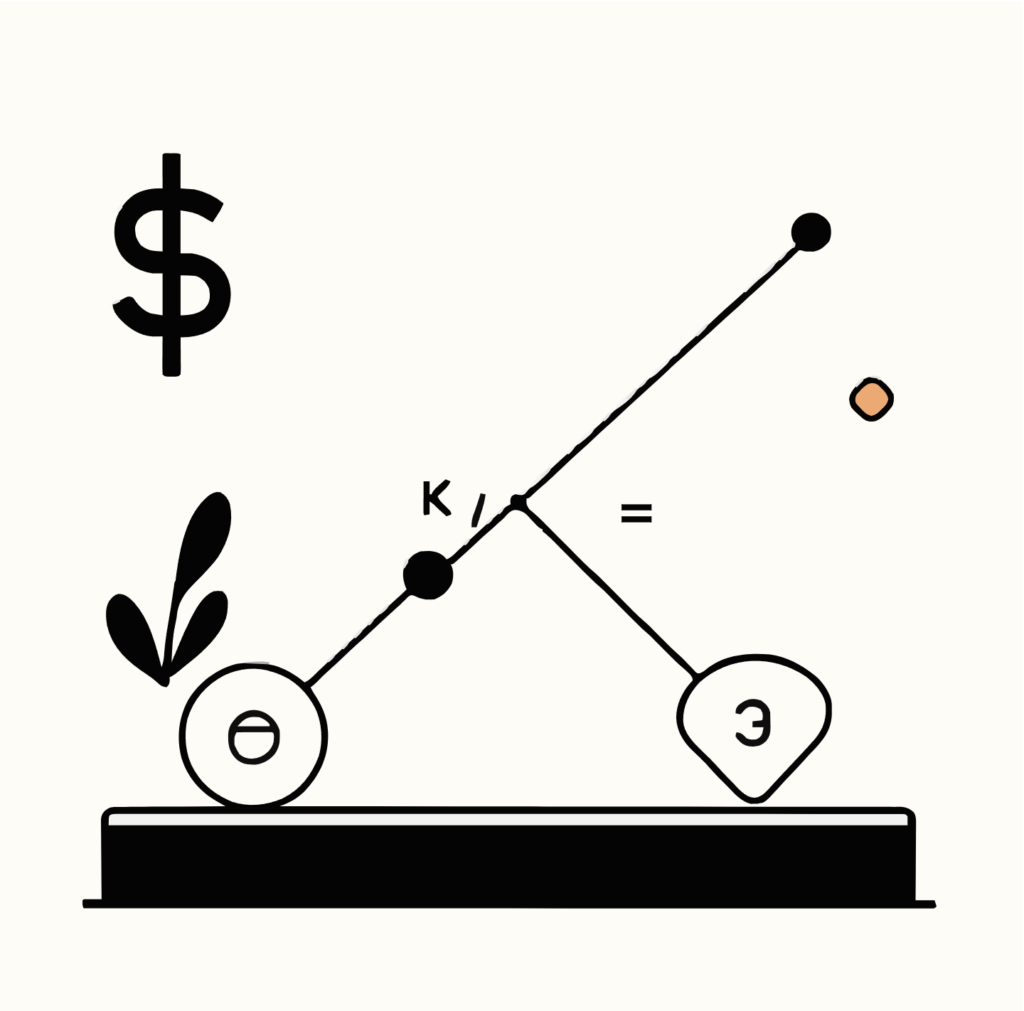The Kelly Criterion is a mathematical formula widely used in gambling to determine the optimal bet size for maximizing long-term wealth growth. It provides a systematic approach to bankroll management, helping gamblers make informed decisions about how much to wager on each bet.
Understanding the Kelly Criterion
The basic formula for the Kelly Criterion is:f=bp−qbf=bbp−qWhere:
- f = fraction of bankroll to bet
- b = net odds received on the bet (decimal odds minus one)
- p = probability of winning
- q = probability of losing (1 – p)
This formula calculates the optimal percentage of a gambler’s bankroll to bet on a given opportunity.
Application in Gambling
Sports Betting
In sports betting, the Kelly Criterion helps bettors size their wagers based on perceived edges. For example, consider a football match where Real Madrid is favored to win against Manchester United:
- Bookmaker odds: 1.82 (implying a 55% chance of winning)
- Bettor’s estimated probability: 65%
Using the Kelly formula:
f=(1.82−1)×0.65−0.351.82−1=0.2195f=1.82−1(1.82−1)×0.65−0.35=0.2195This suggests betting 21.95% of the bankroll on Real Madrid
.
Horse Racing
The Kelly Criterion is also applicable to horse racing. For instance, if a horse named “Lucky Punter” has odds of 5.0 (4/1 in fractional odds), but the bettor estimates a 25% chance of winning:f=(5.0−1)×0.25−0.755.0−1=0.0625f=5.0−1(5.0−1)×0.25−0.75=0.0625This recommends betting 6.25% of the bankroll on Lucky Punter
.
Practical Considerations
Fractional Kelly
Many gamblers use a fractional Kelly approach, betting a portion of the full Kelly recommendation. This more conservative strategy helps mitigate the risk of overestimating probabilities:
- Half Kelly: Divide the full Kelly bet by 2
- Quarter Kelly: Use 25% of the full Kelly bet
This approach can help protect against potential losses due to errors in probability estimation
.
Multiple Outcomes
In scenarios with multiple possible outcomes, such as horse races with several competitors, a more complex version of the Kelly Criterion can be applied. This involves calculating optimal fractions for each potential winning outcome and determining which bets offer positive expected value
.
Advantages and Limitations
Advantages:
- Maximizes long-term growth rate of wealth
- Provides a systematic approach to bet sizing
- Helps prevent gamblers from going broke
Limitations:
- Assumes accurate probability estimates
- Can suggest large bet sizes, which may be psychologically challenging
- Does not account for minimum bet sizes or leverage limitations
Conclusion
The Kelly Criterion offers a powerful tool for gamblers to optimize their betting strategies. By balancing potential gains against the risk of ruin, it provides a mathematical framework for long-term success. However, its effectiveness ultimately depends on the accuracy of probability estimates and the discipline to adhere to its recommendations. Gamblers should consider using fractional Kelly strategies and combining the criterion with other analytical tools for a more robust approach to wagering

